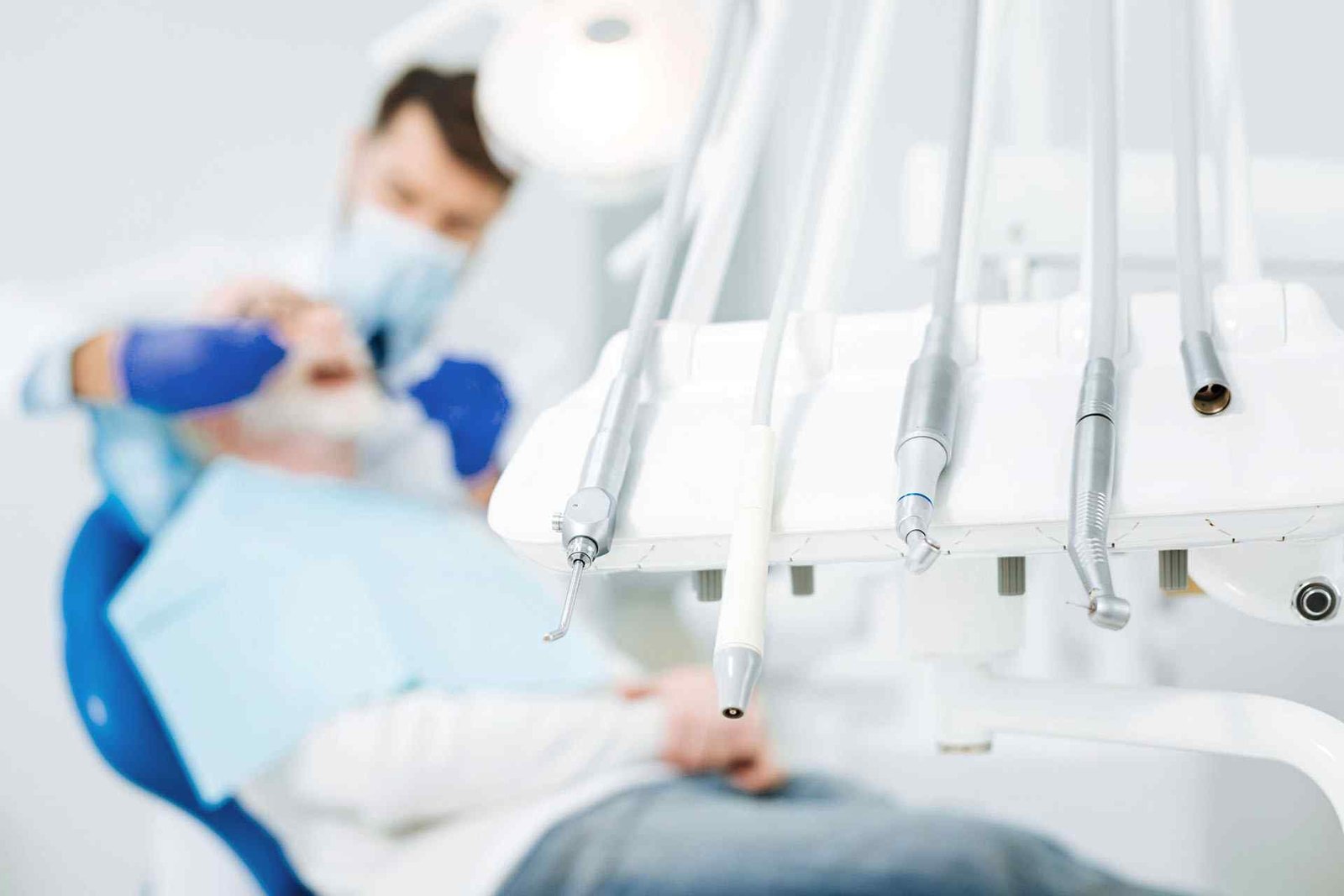The soft palate is the muscular part at the back of the roof of the mouth. It sits behind the hard palate, which is the bony part of the roof of the mouth. The palates play important roles in swallowing, breathing, and speech.
The soft palate is the muscular part at the back of the roof of the mouth. It sits behind the hard palate, which is the bony part of the roof of the mouth. The palates play important roles in swallowing, breathing, and speech.
Fluoride is a naturally occurring mineral that helps build strong teeth and prevent cavities. For more than 70 years, most of the tap water in America has contained small amounts of fluoride to reduce tooth decay.
Fluoride is a naturally occurring mineral that helps build strong teeth and prevent cavities. For more than 70 years, most of the tap water in America has contained small amounts of fluoride to reduce tooth decay.
Fluoride is a naturally occurring mineral that helps build strong teeth and prevent cavities. For more than 70 years, most of the tap water in America has contained small amounts of fluoride to reduce tooth decay.
Fluoride is a naturally occurring mineral that helps build strong teeth and prevent cavities. For more than 70 years, most of the tap water in America has contained small amounts of fluoride to reduce tooth decay.

Gingivitis means inflammation of the gums, or gingiva. It commonly occurs because a film of plaque, or bacteria, accumulates on the teeth. This is more serious and can eventually lead to loss of teeth.

Gingivitis means inflammation of the gums, or gingiva. It commonly occurs because a film of plaque, or bacteria, accumulates on the teeth. This is more serious and can eventually lead to loss of teeth.

Gingivitis means inflammation of the gums, or gingiva. It commonly occurs because a film of plaque, or bacteria, accumulates on the teeth. This is more serious and can eventually lead to loss of teeth.

Gingivitis means inflammation of the gums, or gingiva. It commonly occurs because a film of plaque, or bacteria, accumulates on the teeth. This is more serious and can eventually lead to loss of teeth.







